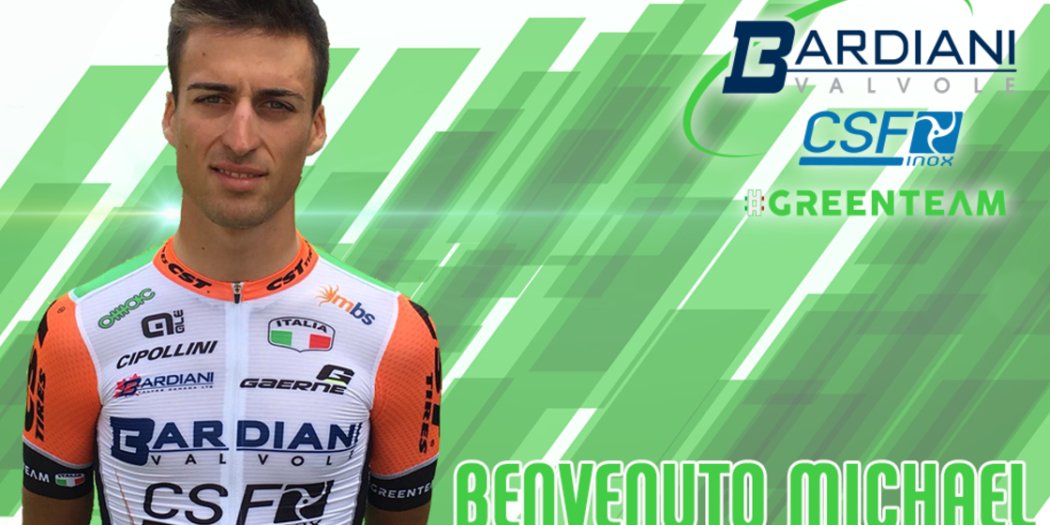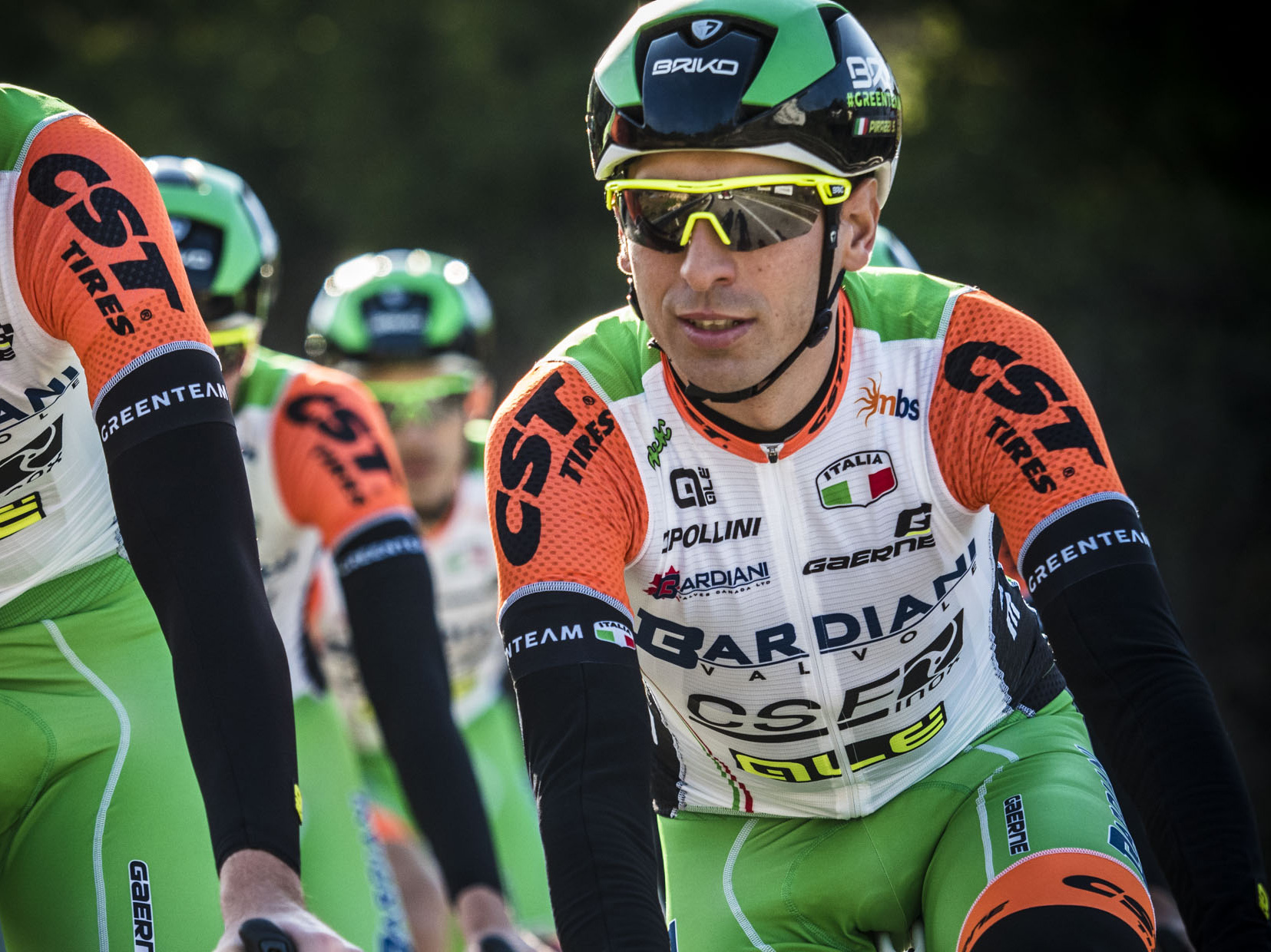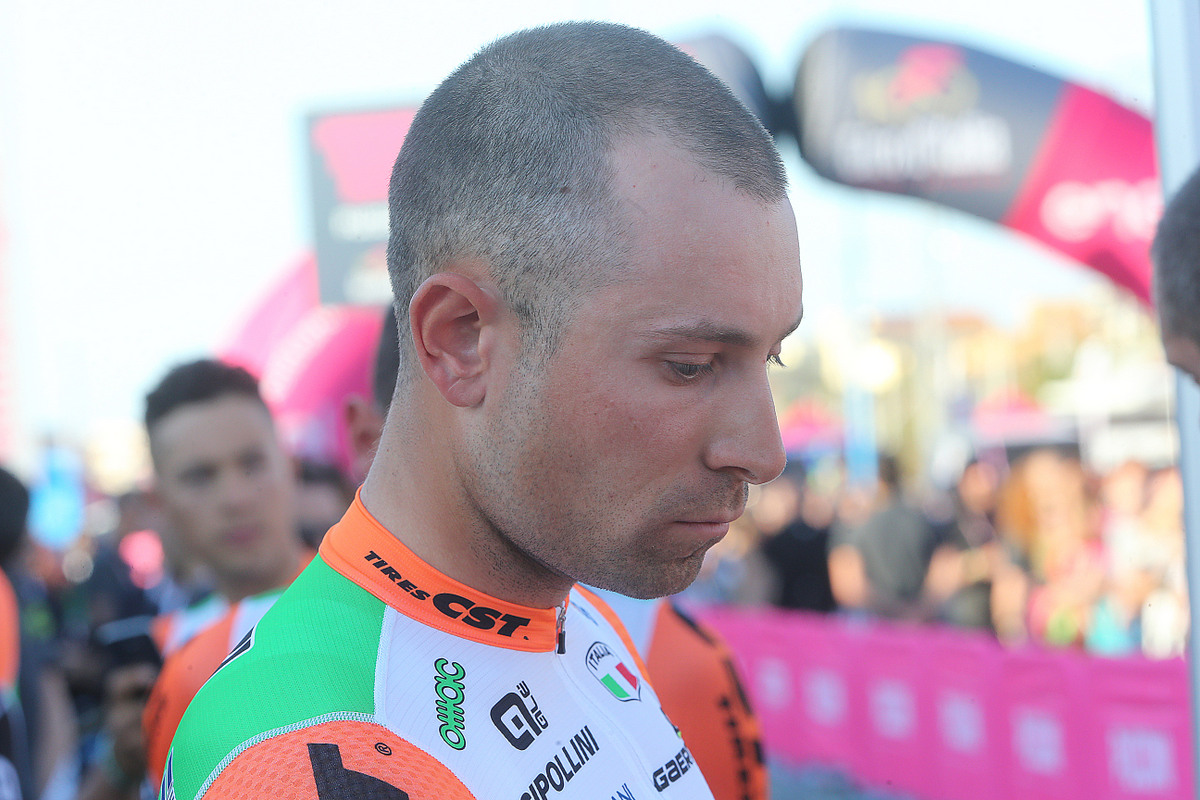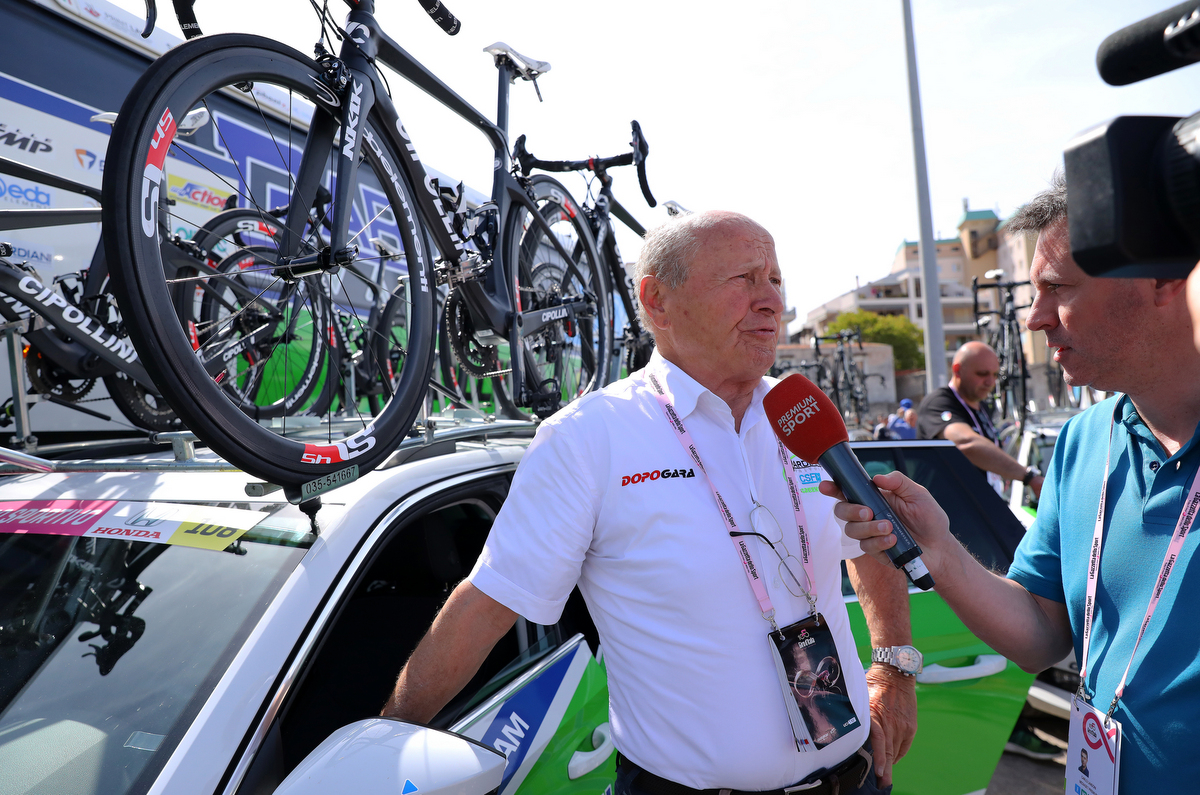Bardiani-CSF rider blames positive doping test on his mother's medicine
Bresciani positive for diuretic and team could face long-term ban
The latest race content, interviews, features, reviews and expert buying guides, direct to your inbox!
You are now subscribed
Your newsletter sign-up was successful





The Bardiani-CSF team has been caught up in a new anti-doping case after it emerged a rider from the Italian Professional Continental outfit has failed an anti-doping test for the diuretic furosemide, which can be used as a masking agent for other products.
Nicola Ruffoni and Stefano Pirazzi tested positive for GH-Releasing Peptides in April, with their cases emerging as they lined-up for the team presentation at the start of the Giro d’Italia in May. The UCI subsequently banned Bardiani-CSF from racing for a month between June 14 and July 14.
La Gazzetta dello Sport has revealed that 22-year-old Michael Bresciani tested positive for the diuretic in his first race with the team. He joined the team on June 1 to replace Ruffoni and Pirazzi but tested positive a few weeks later at the Italian national championships. The race was during Bardiani-CSF’s ban from competition but the riders were allowed to compete in the Italian national championships.
Bresciani told La Gazzetta dello Sport that his positive test was sparked by contamination from a medicine his mother takes. However anti-doping rules state that the athlete "faces a personal duty to ensure that no prohibited substance enters his or her body."
“I know I haven’t done anything wrong. The problem is that my mother takes Lasix (a brand name for furosemide) at meal times. While she was dividing the tablets it must have got into my plate,” La Gazzetta dello Sport report Bresciani as saying.
“The UCI is studying my case and has yet to issue a verdict. But I don’t think I can be punished for anything more than negligence.”
Bresciani has not been suspended by the UCI while they study his case but he agreed to a self-suspension with the Bardiani-CSF team in August.
The latest race content, interviews, features, reviews and expert buying guides, direct to your inbox!
They hope the case will be treated like that of Italian tennis player Sara Errani who was given a two-month ban by the International Tennis Federation after she argued her positive for Letrozole was caused by one of her mother's tablet falling into the pasta Errani then ate while at home. However, the Italian anti-doping authorities have appealed to the Court of Arbitration for Sport, believing Errani should face a much longer ban.
“The UCI is investigating the case. The test revealed a tiny amount and so the UCI has yet to decide on a suspension,” Bardiani-CSF manager Roberto Reverberi told the Italian website Spaziociclismo.
“Documentation has been sent to the UCI and so has a video of his mum showing how she’s cut her medicines on a chopping board. She’s been taking it for a long time.”
Bardiani-CSF avoided commenting on the risk of a second team ban from competition, preferring to await the final out come of this latest case.
Under UCI rules a team faces a suspension from racing of between 15 days and 12 months if a third rider on their team tests positive during a twelve-month period. They also face a fine equalling five per cent of the team’s annual budget. However, the Bardiani-CSF team could avoid a ban if "No Fault or Negligence" is asserted and if the case did not involve the team "applied all due diligence and took all measures that could reasonably be expected."

